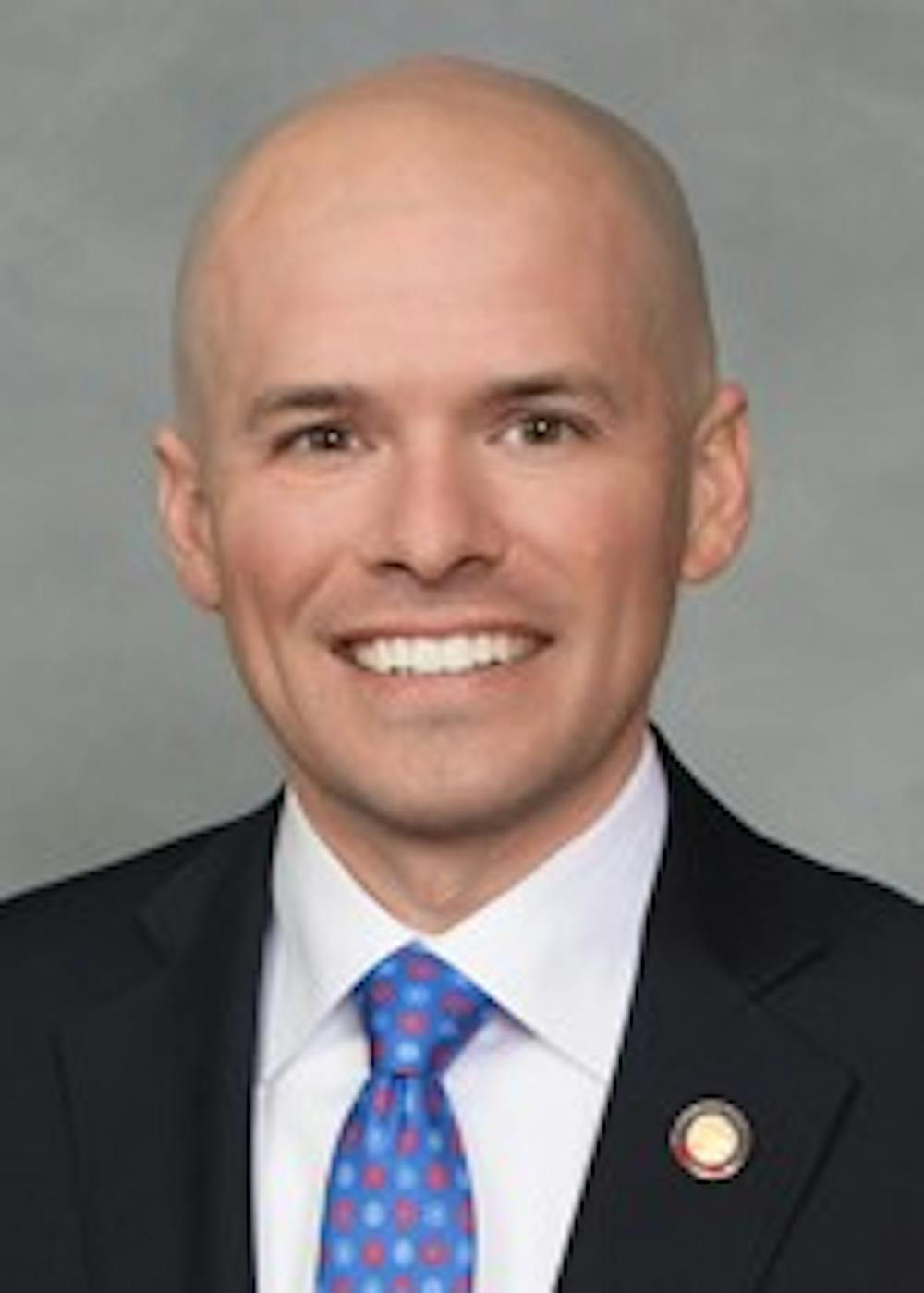The state Senate overrode Gov. Roy Cooper’s veto of House Bill 100 in March, returning partisan labels to judicial elections on the ballots.
John Wester, former president of the North Carolina Bar Association and current attorney at Robinson Bradshaw’s Charlotte law office, is against the House’s decision.
“Putting partisan labels beside judicial candidates tells the public that, first and foremost, these are officers that are going to be beholden to a political party’s objectives,” he said.
He said this conflicts with the fundamental role of judges.
"It sends not just the wrong message, but a message that is contrary to the ideals of our founders that we would have a judiciary independent of partisan objectives and goals,” Wester said.
He said a judge’s role in government cannot be compared to that of other elected officials.
Alongside the move to redraw court districts, there have also been recent discussions on whether North Carolina should move from a system that elects judges to one that appoints them.
Many states have appointment systems, but the method of appointment can vary to include action by a state’s governor or legislature or an independent commission.
Wester said an appointment system would help avoid conflicts of interest involving partisanship and money.
“I think North Carolina would be better with a federalist model where the governor would appoint and one house would confirm the appointment,” he said. “I would add a nominating commission, a screening commission who would receive applications from those who would want to fill a judicial seat. They would give a rating and commentary to the governor who’d make the appointment.”
Wester also cited lack of technological tools as another reason the court system needs reform. He hopes for significant investment in this area.
Increasing the use of technology in the courts is one of five priorities included in N.C. Chief Justice Mark Martin’s most recent interim report for the North Carolina Commission of the Administration of Law and Justice.
To get the day's news and headlines in your inbox each morning, sign up for our email newsletters.
The other four priorities include making civil justice more fair and efficient, improving criminal investigations, increasing legal professionalism and enhancing public trust and confidence in the courts.
He hopes for investment in judge pay, as well.
“North Carolina is not compensating judges at the level that will draw and retain all of the outstanding lawyers who would be excellent judges,” he said.
@MitraNorowzi
state@dailytarheel.com




